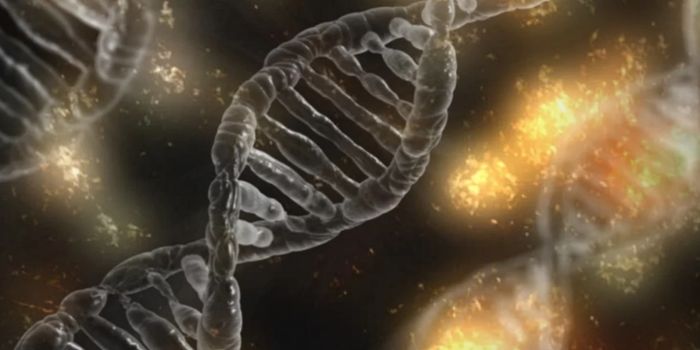How To Choose The Right DNA Testing Kit For You
One of the most exciting scientific advancements in the past decade, at least in terms of its impact on pop culture, was the sudden accessibility of home DNA testing kits. Finding out about your heritage had always been a costly and intensive endeavor. Now, it is almost as easy as finding out which Disney character best represents your personality!
Well, not quite. There is still some information to wade through, along with a price that, while not prohibitive, forces you to at least consider the decision. And that is good, because not all DNA testing kits are created equal.
You can find home DNA testing kits in many places on the web, but here is what you should be looking for.
A large database
Going with one of the newer entries into the DNA testing kits market may seem like an attractive prospect for those wanting to save a bit of money and find some niche answers. However, there is a major drawback. This kind of DNA testing works by comparing your DNA to what is already in the database. The data can then pinpoint which sets of DNA yours has the most in common with, algorithmically producing relatively accurate probabilities.
For this reason, the more DNA in the database, the more accurate your results are going to be. Services like Ancestry.com and 23andMe have the DNA of millions of people in their databases. This is certainly a major advantage when choosing.
Ethnically relevant data
However, this does depend on your ethnicity and your (probable) genetic background. A large database is only more accurate if their numbers include a high percentage of people with similar genetic backgrounds. Ideally, you should choose a company with a large database that includes a lot of people ethnically similar to you.
For example, the best DNA testing kit for African Americans will have a large sample size of African Americans and other Africans. This large sample set will not only provide more accurate details, but it will also be able to provide data that is particularly relevant for your ethnicity.
Find your purpose
You should also consider what your main purpose is for doing genetic testing. You may have a number of reasons, but your biggest priority will determine the type of testing you choose. For example, if you want to find out about your heritage – where your ancestors lived, what they were like, etc. – you will need to do Y-DNA testing or mtDNA testing. This testing traces your lineage up your paternal or maternal lines.
However, if you are looking to find unknown relatives, understand your ethnic makeup, and find out if you are susceptible to genetic diseases, autosomal testing is ideal for you.
Different companies explicitly offer these different types of testing kits. Once you know what it is you are looking for, single out those that suit your purpose. That will help you narrow it down and make the choice a lot easier.
DNA testing is far more accessible than ever before. But you should still take the decision seriously. Consider what it is you're looking for, and the different options available, before committing to your pick.









